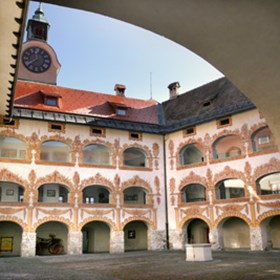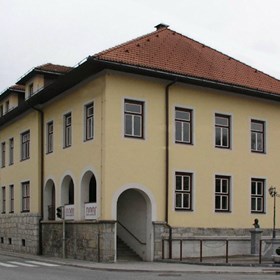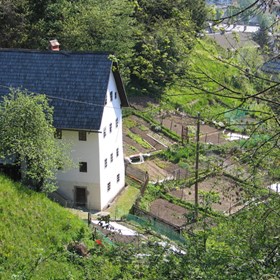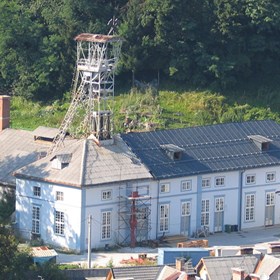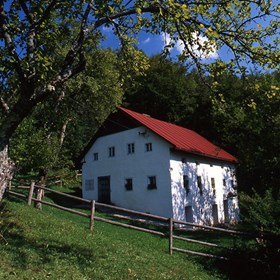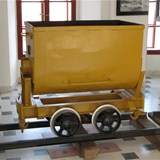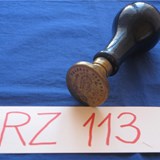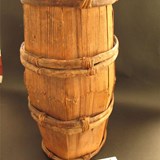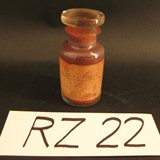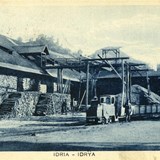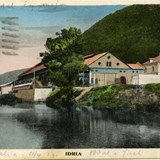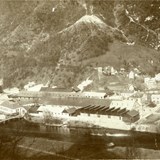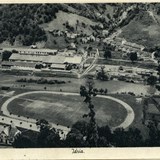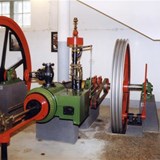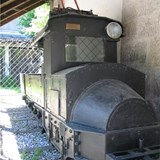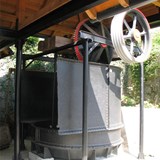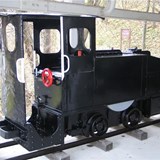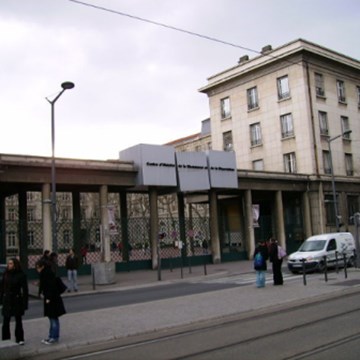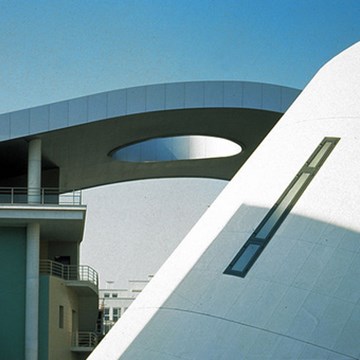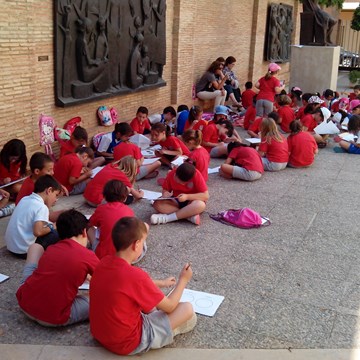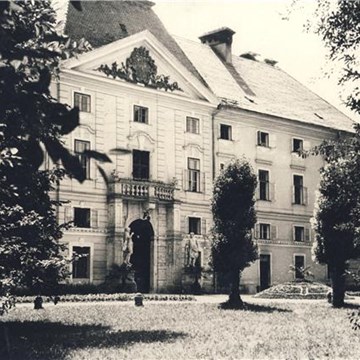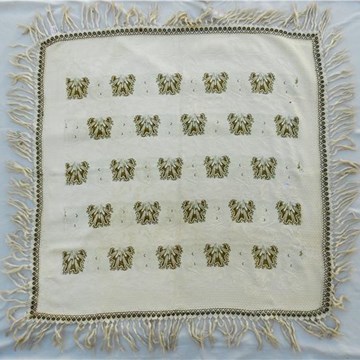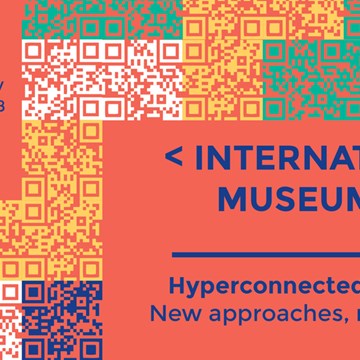Franja Partisan Hospital
Partizanska bolnica Franja
The Second World War was one of the most difficult trials for mankind. Like other freedom-loving nations, the Slovenes organised themselves to struggle against fascism and nazism. Clandestine hospitals were a particularity of the Slovenian resistance movement. They were built in barely accessible forests, deep gorges and underground caves. They saved lives in circumstances that are hardly imaginable today.
After the capitulation of Italy in the fall of 1943, Dr. Viktor Volčjak and a group of combatants began to build a new hospital in the barely accessible Pasice gorge in Dolenji Novaki in the Cerkno region on the advice of a local inhabitant, Janez Peternelj. With the devoted assistance of the locals, the hospital was constructed gradually until the end of the war, when 14 wooden cabins and several auxiliary facilities were squeezed into the bottom of the hollow alongside the Čerinščica stream. Already during the war, the hospital was named after Franja Bojc Bidovec, a partisan physician who administered the hospital for the longest period of time. 578 severely wounded persons were treated in the central facility, today known as the Franja Partisan Hospital, and about 300 wounded persons were treated in other dislocated units. Among the wounded were, besides Slovenes, also members of former Yugoslav nations and the nations of the Soviet Union, Italians, Poles, Frenchmen, two Austrians, and two Americans.
After the war, the Franja Partisan Hospital became a symbol of the partisan movement and its extensive and extremely well-organised medical activities. Following the disastrous flood that destroyed the hospital in September 2007, the monument has been reconstructed almost in its entirety. Based on previously prepared drawings and documents, the cabins and auxiliary facilities were reconstructed, copies of objects were made, and substitute objects were acquired. In restoring the facility we were guided by the desire to preserve, to the fullest extent possible, the message conveyed by the monument and its symbolic value.
The Franja Partisan Hospital is a cultural monument of national importance, is entered in UNESCO's Tentative List of World Heritage, and bears the European Heritage Label. Despite the loss of authentic tangible heritage, it has remained a symbol of international alliance and resistance, and above all a precious reminder of humanity, nobleness, and comradeship.
Other venues
Guided tours
Exhibitions and events
We don't have anything to show you here.
Educational programs
We don't have anything to show you here.


